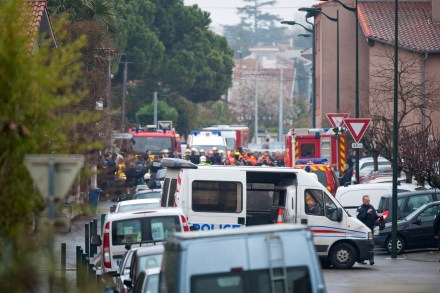Let’s talk about this
What a strange place Britain has become. You sometimes need some time away to realise quite how strange. Take yesterday’s main story: the latest paedophile rape-gang case from the north of England. The judge in the trial told the men, during sentencing, that they had selected their victims ‘because they were not part of your community or religion’. But that is the sort of fact which causes the most terrible contortions in modern Britain. The perpetrators were all Muslim men of Pakistani origin and the victims all underage, white girls. We know exactly how we should think, how loud would be our proclamations and our desire to analyse the ‘root-causes’
















